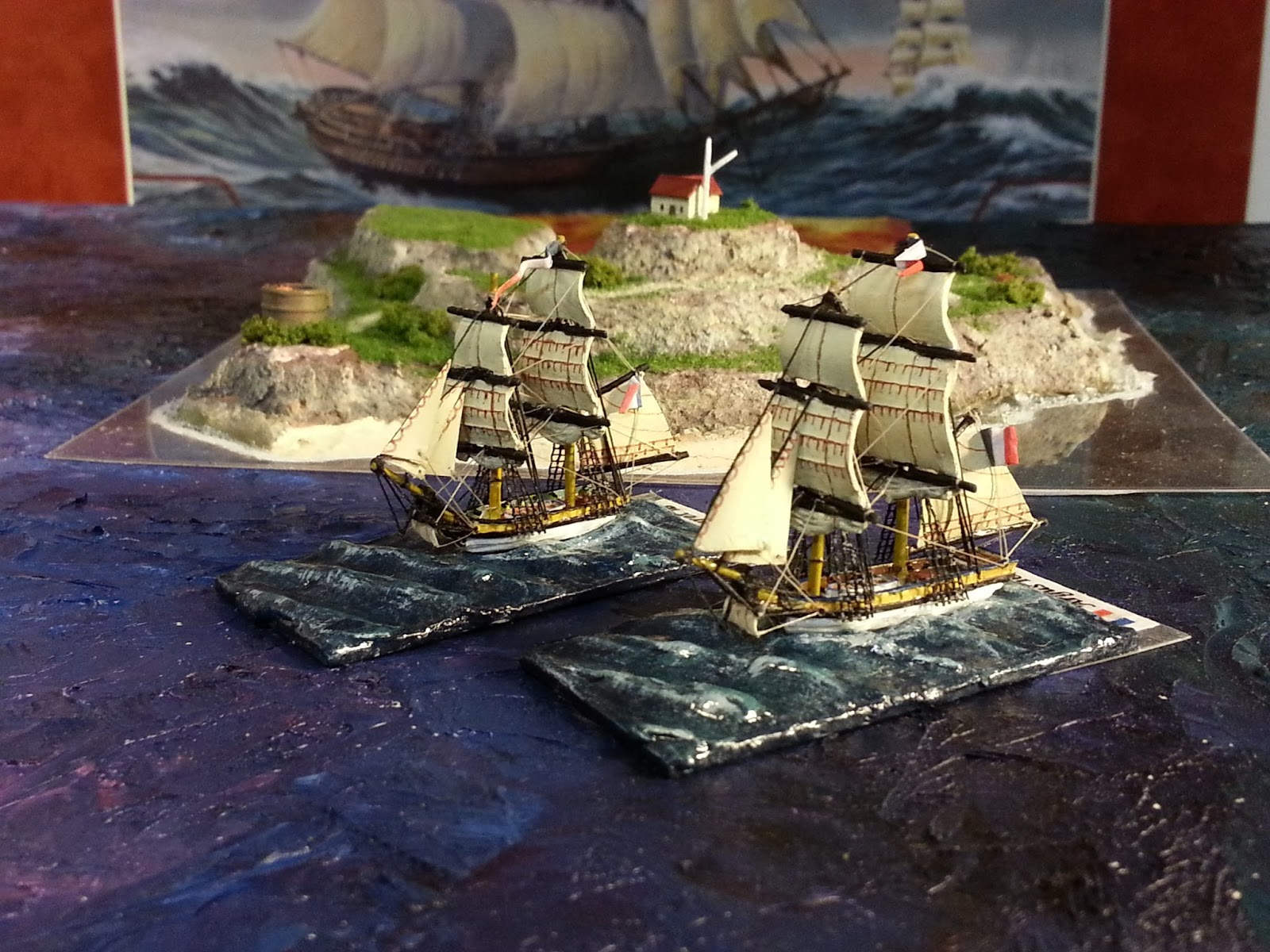Glasgow Herald
31 May 1813
The following account of the action between the Express packet and the American privateer Anaconda, has been transmitted by an Officer of the packet:-
“The Express packet sailed from Rio Janeiro on the 23 rd March, and on the 1 st of April was chased by a brig of war. When she first hove in sight she was on our weather bean, with studding sails out, running down on us. She continued the chase a few hours, when, the wind freshening, she dropped a little a-stern, hauling her wind on the other tack, hoisting English colours, and firing a gun, which we were not long in answering, as we had one primed in readiness. During the chase we made the private signal, which the privateer could not answer.
At day-light next morning, finding her too close on us, shewed our colours, and gave her a stern-chase gun, on which she shewed Spanish colours; but, on giving her a second, she hoisted American colours, and a running fight was kept up till a quarter before seven. At this time she ranged upon our weather quarter, and brought us to close action, which we maintained with spirit until eight, when we found our ship to be quite unmanageable, our sails cut to pieces, the fore and main-masts shot through, maintop-mast gone, and the whole of our yards badly wounded –all our standing and running rigging cut to pieces, momentarily expecting the masts to go by the board – four of our starboard guns, out of six, dismounted – many shot between wind and water, and three feet and a half water in the hold.
A consultation was held, when it was deemed advisable to strike the colours, to preserve the lives of the brave crew of the Express, and the mail was thrown overboard. The water was now increasing very fast; one of the pumps was disabled by a shot; the vessel scuttling by the head, and expecting her to go down – the ensign was hoisted re-versed, a signal of distress to the enemy.
The boats of the privateer came to our assistance. The carpenter and his crew proceeded in plugging the holes and reducing the water.
We now found our opponent to be the American private brig of war Anaconda, from New York, last from Boston – out 75 days – this her first capture – mounting 18 long nines and twelves, with 120 men. The enemy now employed themselves in exchanging the ships’ company and rummaging the Express, taking on board the Anaconda the bullion, to amount of £20,000 and, in fact, every thing that could be got at, and that was valuable. After rummaging the ship fore and aft, and finding her a complete wreck, the Captain of the packet gave us our choice to remain in the latter, or the Express, and get into what port we could, offering to stay by us till the next morning, to ascertain our safety.
We quitted the privateer with 27 days water on board, and got into Juan Fernandes. The carpenters being employed in looking after shot-holes, discovered pieces of iron, from 14 to 18 inches long, sticking to the bottom; and getting two men from the shore to dive, found them to be langridge fired by the enemy.
The privateer is one of the finest brigs ever seen – the officers treated us with great politeness – were bona fide Americans – but the crew, I am sorry to say, who were mostly Englishman, were the greatest blackguards ever seen, and I verily believe would have given us no quarter.
Capt. Quick observes, that the greatest bravery was displayed by his handful of men. Upwards of 200 shot struck the Express; five 12-pound shot went through one side, and lodged in the other.
Indeed, Capt. Shaler of the Anaconda, says in his letter to the Agent for American prisoners at Plymouth; "Capt. Quick had his ship almost shot away from under him, my vessel being so superior to his, mounting 18 long nines and twelves, and manned with 120 men.”
She was captured just 3 months later by HMS Sceptre on July 11, 1813
(btw, anyone know what was meant by "langridge fired by the enemy"?)




















































